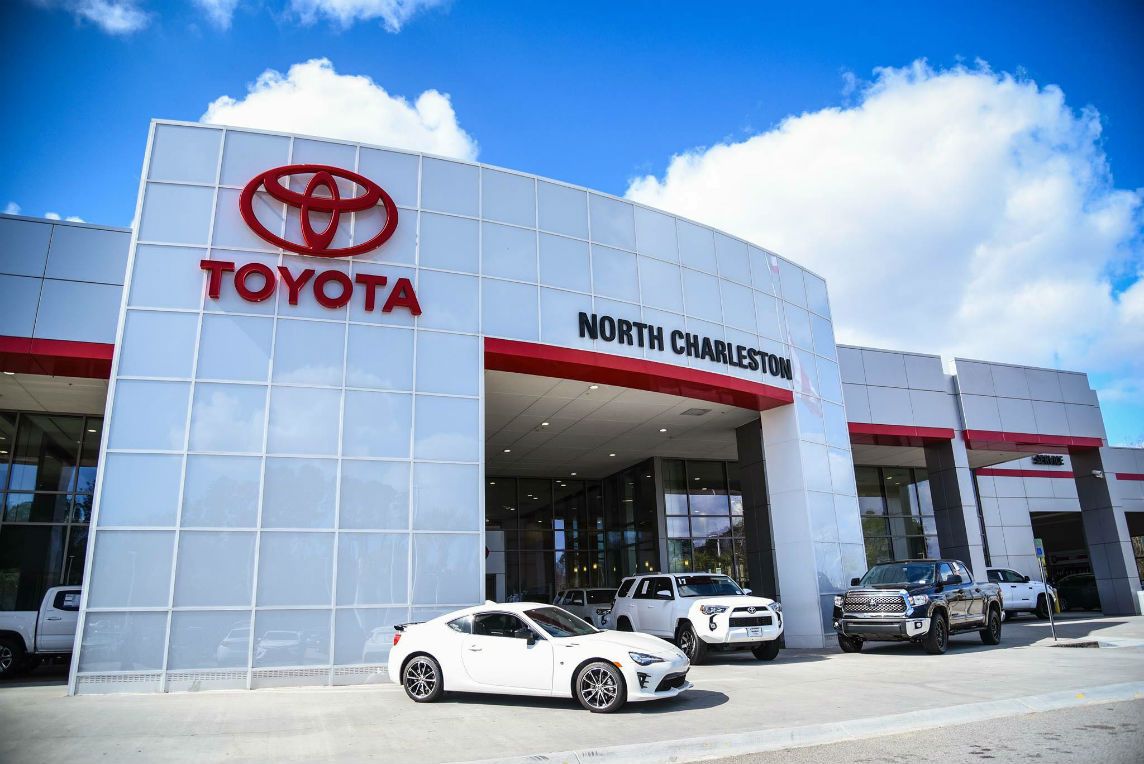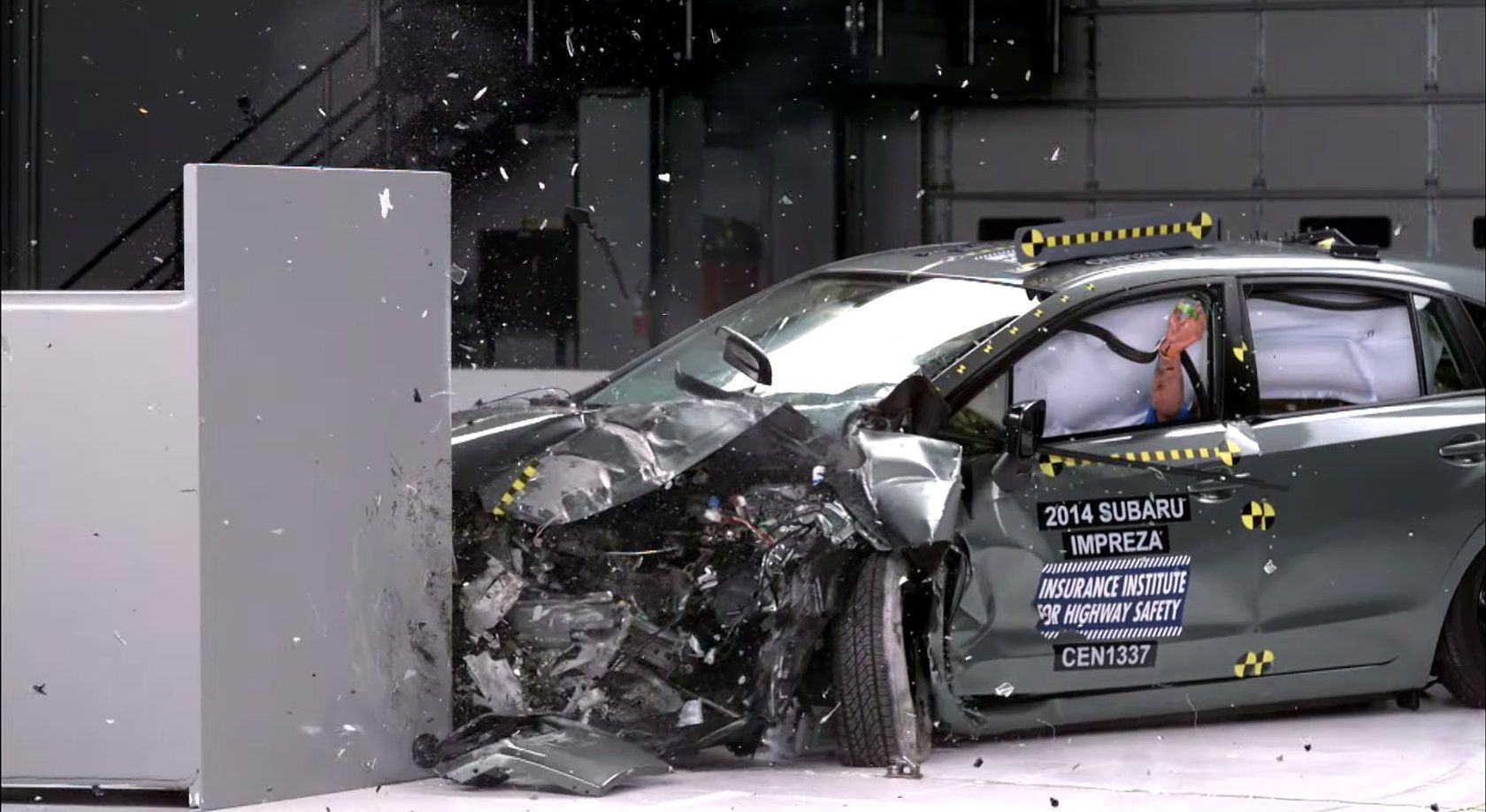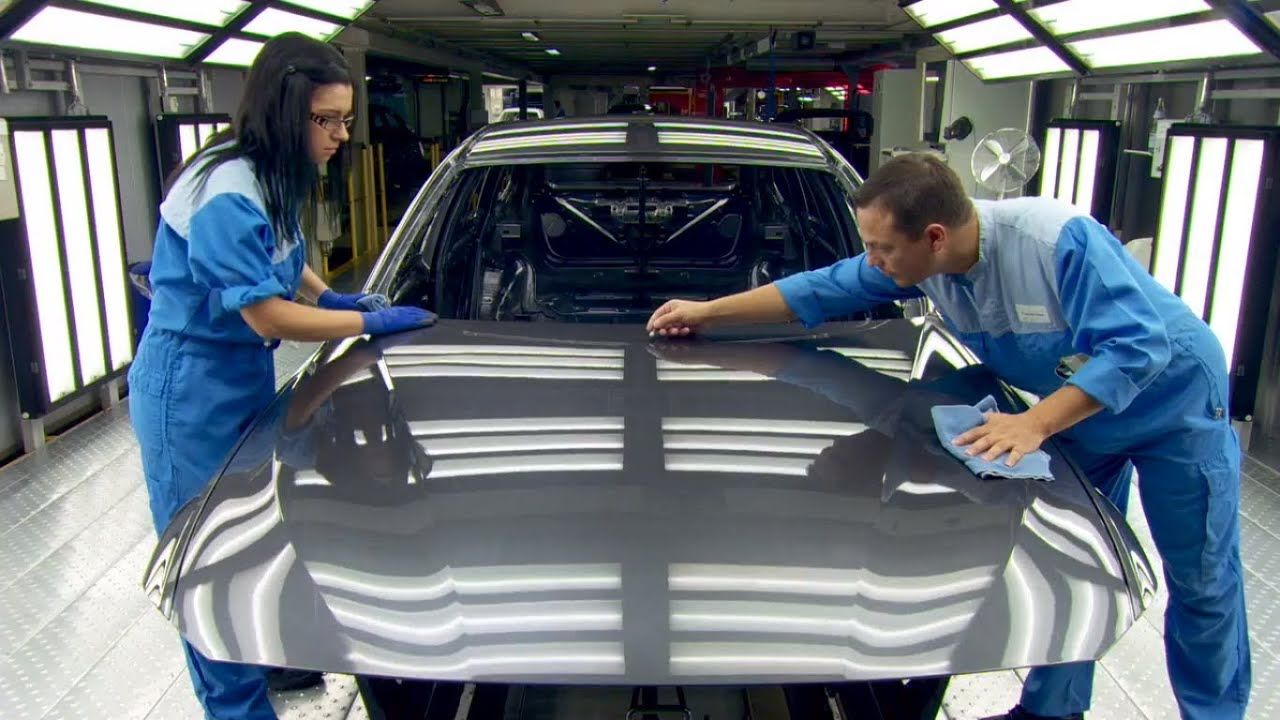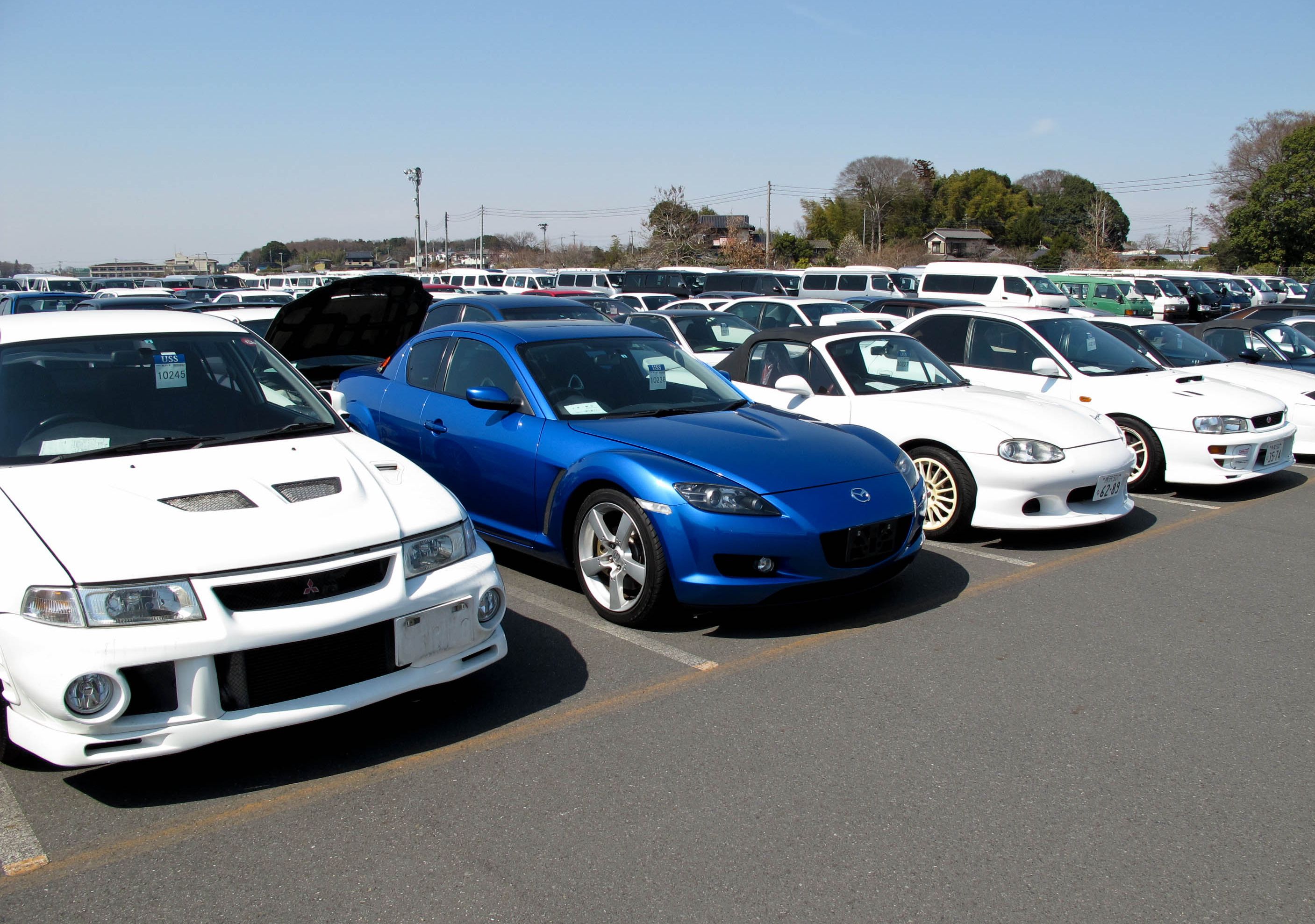German or Japanese engineering? Who’s the ultimate auto manufacturer? The two automobile manufacturers have been dominating the car production industry for decades. Though they have different target markets, it’s a never-ending debate, between their fan base on which of the two manufacturers is better.
Both automakers are consistent and produce high-quality units. German manufacturers have a reputation for attention to detail, performance, and precision. Japanese automakers, on the other hand, are popular for producing long-serving, affordable, and reliable units. History aside, has rapidly advanced technology, market share, and time changed anything between the two automakers? Well, to determine who comes out at the top, we compared the following factors.
10 Aesthetics and Design
There’s a simple reason why German cars are way more expensive than their Japanese counterparts; they take considerable measures to ensure their vehicles have the highest possible quality standards. Some of the most sought-after performance and luxury cars are from Germany, including Porsche, BMW, and Audi, and there’s a good reason. Their design is defined as sleek, shiny, elegant, and crazy fast. Japanese cars often embody these characteristics as well. However, part of their philosophy lies in having a minimalistic style, which significantly affects aesthetics, style, and design. It's not common to have a Japanese car stir a crowd in California or Vernice—unless of course they have a massive wing, and an ear wrecking backbox. With a German car, you don’t have to.
9 Reliability
It goes without saying, Japanese cars have a reputation for being extremely reliable. You can drive these cars to the ground. They have been designed to take a beating and still get up and run. Part of this is due to their technique of perfecting their vehicle’s parts before releasing them into the market. Most manufacturers will roll out a few versions of their models before getting it right. Japanese manufacturers, on the other hand, spend more time perfecting their cars for easy operation, durability, and reliability. What about German brands? Well, German cars don’t have the worst reliability compared to other countries, but when compared to Japan, it’s an easy win for Japan manufactured vehicles.
8 Maintenance and Cost of Repairs
Japanese manufacturers are volume-driven, and they often strive to build vehicles to satisfy market demand. They also place a lot of emphasis on subtle designs since their target market look for affordable vehicles. It is due to this reason that Japanese vehicles will soak up more than 35% of the American market.
German vehicles, on the other hand, are designed and manufactured for the high-end market. Their brands are synonymous with power and luxury and have little emphasis on affordability. When you pop up the hood of an Audi or a Porsche, you’ll find parts that you’ll hardly find anywhere else, and when it comes to maintenance, owners will have to seek specialized services, that are a lot heftier compared to Japanese.
7 Driving Experience
German vehicles beat Japanese units hands down when it comes to their driving experience. Their vehicles are great on the road; they are even more exhilarating on the highways. There’s a reason behind this; their target market seeks a thrilling luxury experience and not just transportation. German manufacturers are constantly pushing the envelope when it comes to automotive design, innovation, and consistency. There’s a lot of emphasis on performance, ride quality, and luxury. There’s no comparison between driving an Audi, Mercedes, BMW and driving a Corolla, Lexus, or a Miata; the experience comparison is continents apart. It's important to note that, just because a car runs smoothly, doesn’t necessarily mean it's better.
6 Safety Ratings
There’s a logic, “If people know its German, they’ll want to buy it,” but how good are their safety ratings? Both German and Japanese cars dominated the 2018 IIHS safety ratings in the U.S. The 2019 IIHS awards had Korean and Japanese models dominating most of the categories, with a few German brands like BMW, Mercedes, and Audi making an appearance. The large SUV category was purely a German affair, with 2019 Audi e-Tron SUV and Audi Q8 SUV picking up all the spots. It’s safe to say Japanese brands gave German brands a run for their money due to the sheer number of entries they topped.
5 Performance
German brands beat Japanese brands hands down when it comes to performance. German manufacturers put a lot of emphasis on performance and luxury, while Japanese brands thrive on factors such as volume sold, affordability, and reliability. German vehicles are well-engineered, with amazing performance and high-tech features like the Porsche Carrera GT, Audi R8, Mercedes SLR McLaren and the BMW M3 (the best production sports car ever made). You’ve probably heard the myth, Toyota produces dull appliances, while this might be true on many fronts, Japanese brands still produce some pretty amazing sports cars like the Lexus LFA and the all-time Rally Champ Mitsubishi Evolution, that are both praised for their edgy designs and exhilarating ride experience.
4 Durability
There’s a myth that Japanese vehicles last longer than any other brand, to be honest, they don’t, they last as long. The lifespan of a car comes to an end when the cost of repair exceeds its value. German brands are largely overengineered, meaning they need specialized maintenance, quality parts, and tools which inevitably raises its cost of maintenance; leading to an early decline. Ask any car expert, and they will tell you that Mercedes Benz field manuals are a work of art, and are incomparable in quality and detail to a Toyota Manual. Japanese brands are more durable since they are manufactured to be simplistic and reliable; they don’t have fatal flaws or experience massive recalls due to gearbox issues, leaky suspension, and sensor issues like German brands.
3 Value for Money
More than 30 years ago, Japanese auto brands schooled the rest of the world by building simplistic vehicles that never broke down. Ever since the world’s automakers have been playing catch up.
If you are looking for value for your money on a vehicle and none of that performance or fun driving experience, you are better off with a Japanese brand. They continue getting credit for their robust and trouble-free units. Japanese automakers put a lot of focus on the continuous improvement of their brands. Meaning, their units are reasonably priced with solid builds that are a lot easier to repair than their German counterparts.
2 Quality Control
There’s a reason behind German’s quality in automobile production. For starters, they have practiced building automobiles longer than any of us. They have also dominated racing history, with engines that are pushed to the limit. German brands are also committed to brand strength, and more specifically, relevance and authenticity. For instance, BMW is known to design every vehicle with a 50:50 weight distribution ratio— that’s attention to detail! The country places a lot of focus on craftsmanship and technology, and when their engineers get to work, the result is extremely remarkable. “Ultimate Driving Machine” and “The Best or Nothing” are but a few slogans that describe their philosophy of arrogance with a purpose.
1 Cost Per Unit
It goes without saying that Japanese vehicles are way cheaper than any top-selling automaker. You'd be shocked what you can get with as little as $5,000. They are much more popular in the U.S and globally due to their cost per unit. The average price of a brand new 2019 Lexus LFA is about $450,000, a 2007 Porsche Carrera GT is twice as expensive. The 2019 Toyota Yaris Hatchback has an MRSP of $15,000 while a 2019 VW Golf costs about $24,000. Part of the reason why Japanese vehicles are considerably cheaper is due to the underlying large economy of scale. Japan is the third-largest economy globally; this gives their automakers an upper hand selling their units cheaper in the local market. Their population changes vehicles quicker, allowing them to sell their old ones for cheap.











